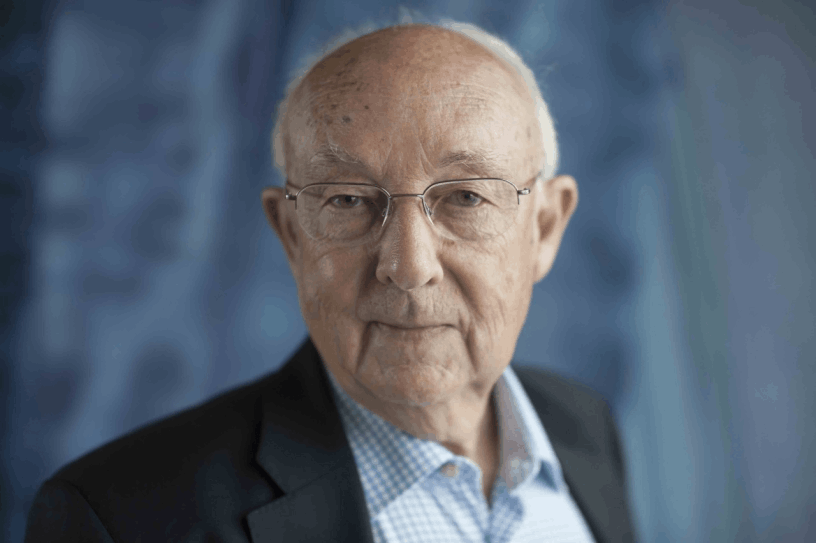Keynote Speaker
Biography
Robert Guillaumont is emeritus Professor of Chemistry/Radiochemistry at Paris XI-Orsay (now Paris-Saclay) University. He is a member of the French Academy of Sciences (chemistry section) and of the Academy of Technology (founding member). His field of academic research was on radiochemistry and actinide chemistry along forty years. His expertise focuses on the chemistry matching the nuclear fuel cycle (from uranium mining to waste management to spent fuel reprocessing) and nuclear energy issues. He got his doctorate from the Radium Institute in Paris, Curie laboratory. He headed the Radiochemical Laboratory of the Institute of Nuclear Physic in Orsay and the high-level French teaching of radiochemistry for twelve years. He has been president or member of many French and international committees dealing with nuclear energy and the use of radionuclides for physicians.
< Home
Greening Nuclear Energy How and When
R. Guillaumont
Abstract
An energy is green if its implementation has low environmental impacts and if it is endless or almost endless. The energy drawn from the flows (light, wind, water, …) is a priori greener than that drawn from stocks (hydrocarbon resources, uranium, ...), but only life cycle analyses make it possible to objectively compare environmental impacts. In normal operation, nuclear energy from thermal neutron power reactors is almost as green as wind or photovoltaic energy, except for the sustainability of the uranium resource and the management of spent fuel. There is debate. Moreover, in the event of an accident leading to the meltdown of the reactor core and loss of containments, the environmental impacts are drastic. That also opens-up controversy about the green aspect of nuclear energy. To increase to green color of nuclear energy, it would be necessary to make better use of uranium, speed up the storage of radioactive waste and increase the containment of radioactivity by reactors in the event of an accident. At the heart of these problems is nuclear fuel.
The most widely used nuclear fuel in thermal neutron reactors (PWR and BWR) is uranium oxide enriched to less than 5% in U235 (UOX) packaged in pellets stacked in zircaloy tubes (clad) themselves joined into sub-assemblies. The enrichment of around 7 tons of natural uranium produces 1 ton of such UOX and 6 tons of depleted uranium. At the best 50 GWd/t per ton of UOX is extracted, i.e. around 1% of the potential energy of fission of natural uranium. Spent nuclear fuel is radioactive and contains unconsumed uranium (U235 and 238) and in-situ produced plutonium. By extracting 50 GWj/t per ton of MOX fuel (8% plutonium oxide mixed with depleted uranium oxide), 10% of natural uranium is saved, 20% if uranium is also recycled. Multi-recycling could improve the use of uranium.
The disposal in underground deep geological formation (500 m) of spent fuel or long-lived radioactive waste from its reprocessing to extract uranium and plutonium is the world's reference. Two spent fuel granite storage facilities are under construction (Finland and Sweden). In France the file of a disposal in clay is in progress.
The rise in core temperature of an uncooled reactor above 1000°C leads to the deterioration of the clad, the first containment barrier. Many chemical reactions come into play. The clad can be made stronger by various treatments. Ceramic clads are even being considered.
The theoretical prospects offered by multi-recycling Generation IV fast neutron reactors multi-recycling their own spent fuel, or even transmuting long-lived radionuclides as well as small modular reactors in all their forms, fueled by solid or liquid fuels, and above all intrinsically safe, are attractive for greening nuclear energy. But this is a paradigm shift in nuclear energy that still requires long research and technological maturation. Then the nuclear energy of the future, if implemented, could be greener than today.

